IT PRO goes to the Hadron Collider
We were lucky enough to go to CERN this week and see how the LHC project was getting along, with a little help from some tech giants.

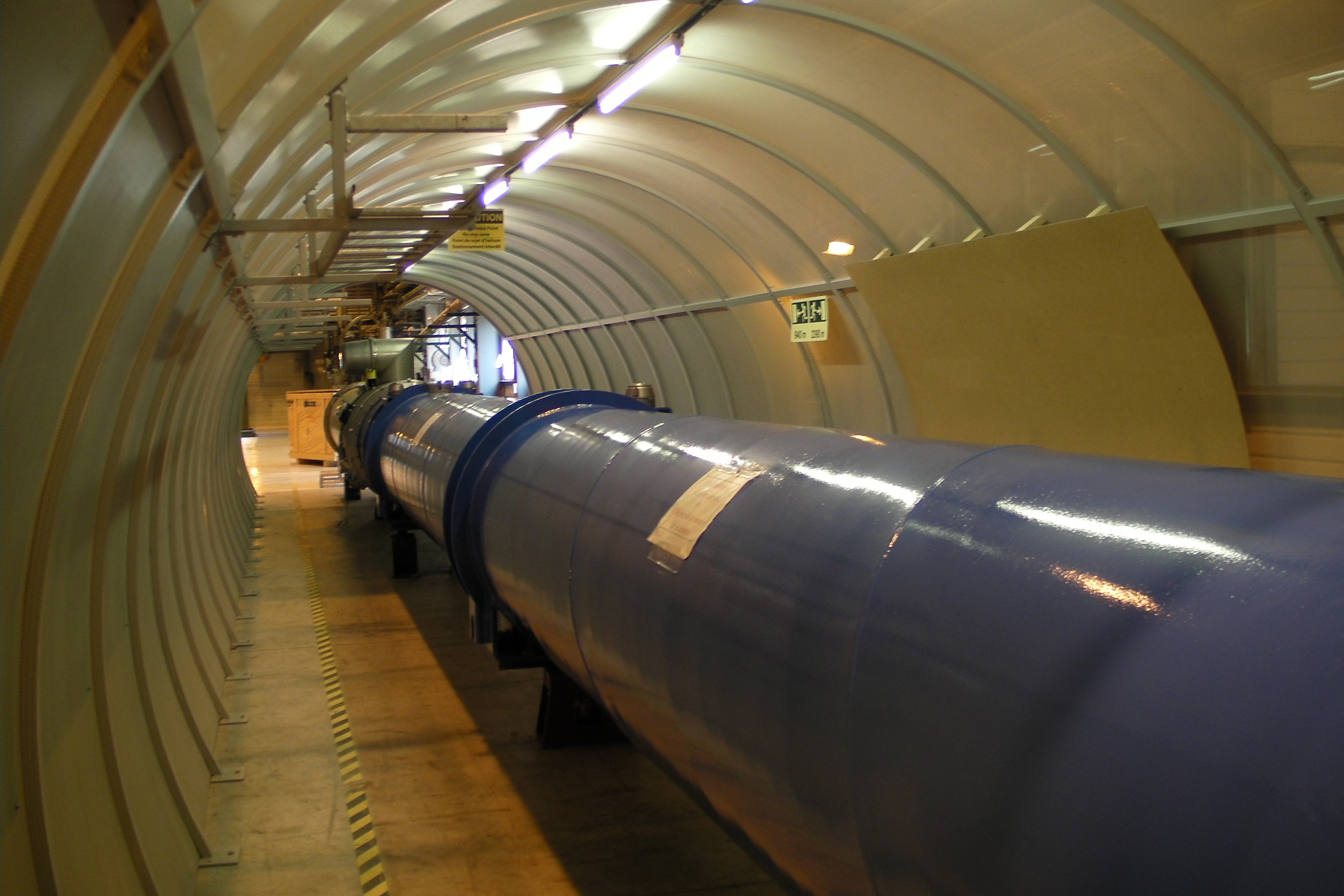
Sign up today and you will receive a free copy of our Future Focus 2025 report - the leading guidance on AI, cybersecurity and other IT challenges as per 700+ senior executives
You are now subscribed
Your newsletter sign-up was successful
As everyone knows, computing and science go hand in hand, and this relationship is epitomised at the CERN research facility, where the Large Hadron Collider (LHC) is run.
The results of the LHC experiment will give us a deeper understanding of the universe and physicists across the world are awaiting outcomes that could provide incredible scientific breakthroughs.
Of course, to analyse the data from the project, huge computing power is needed along with a widespread collaborative effort.
IT PRO was lucky enough to visit the CERN complex and see how far this exciting enterprise has come.
Into the clouds
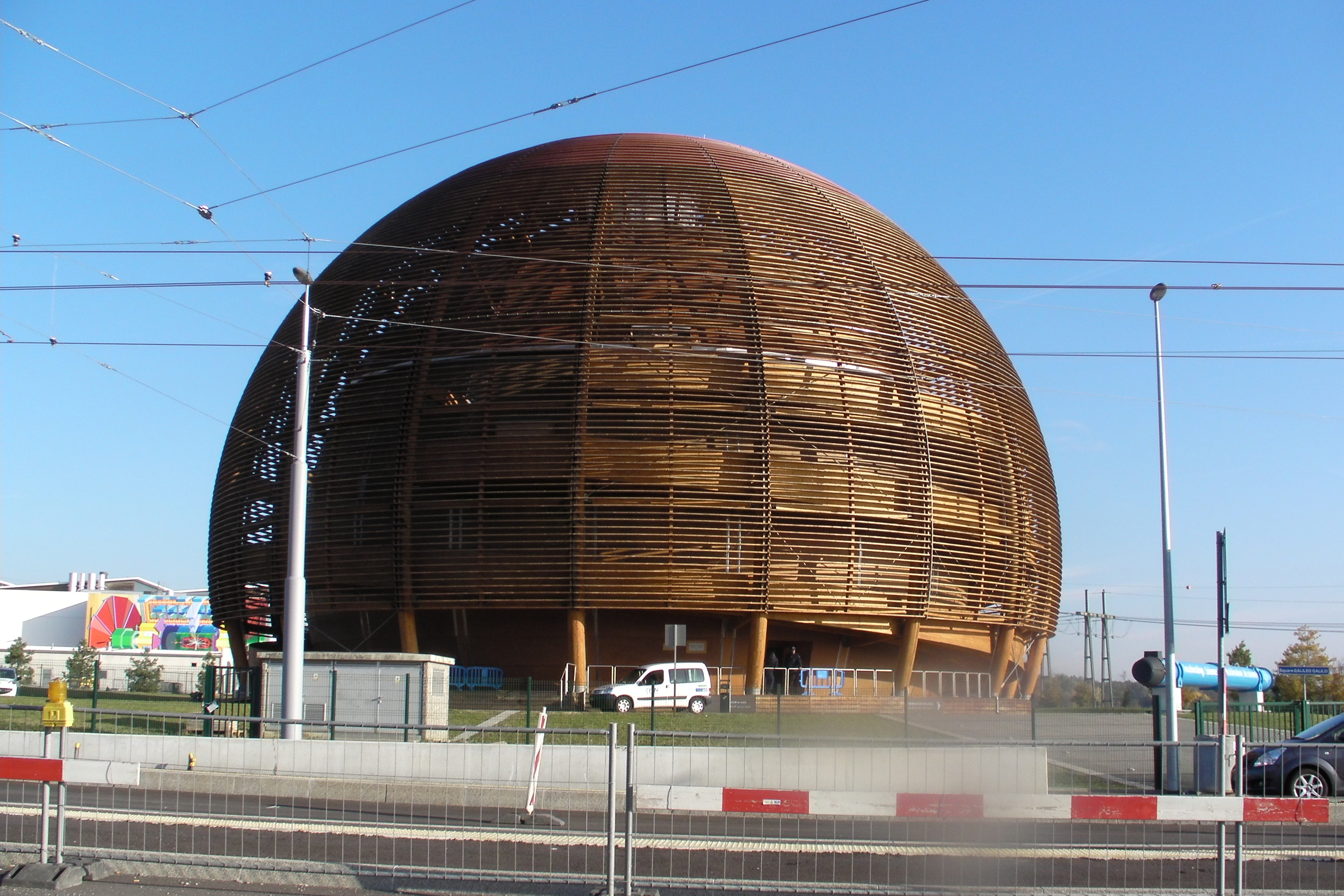
The main reason we were in Switzerland was for a range of Intel cloud announcements the launch of the chip maker's Cloud 2015 vision, the introduction of an Open Data Centre Alliance and an expansion of the Cloud Builders project.
Above is the Globe of Science and Innovation, where all the announcements were made. Below is what the inside of the impressive 27m-tall globe structure looks like from within, and Sergio Bertolucci, director for research and scientific computing at CERN, outlining the incredible task being undertaken.
Sign up today and you will receive a free copy of our Future Focus 2025 report - the leading guidance on AI, cybersecurity and other IT challenges as per 700+ senior executives
"In terms of scientific challenge the LHC challenge is probably the biggest that man has ever encountered till now. It is bigger than sending a man to the moon," Bertolucci told delegates.
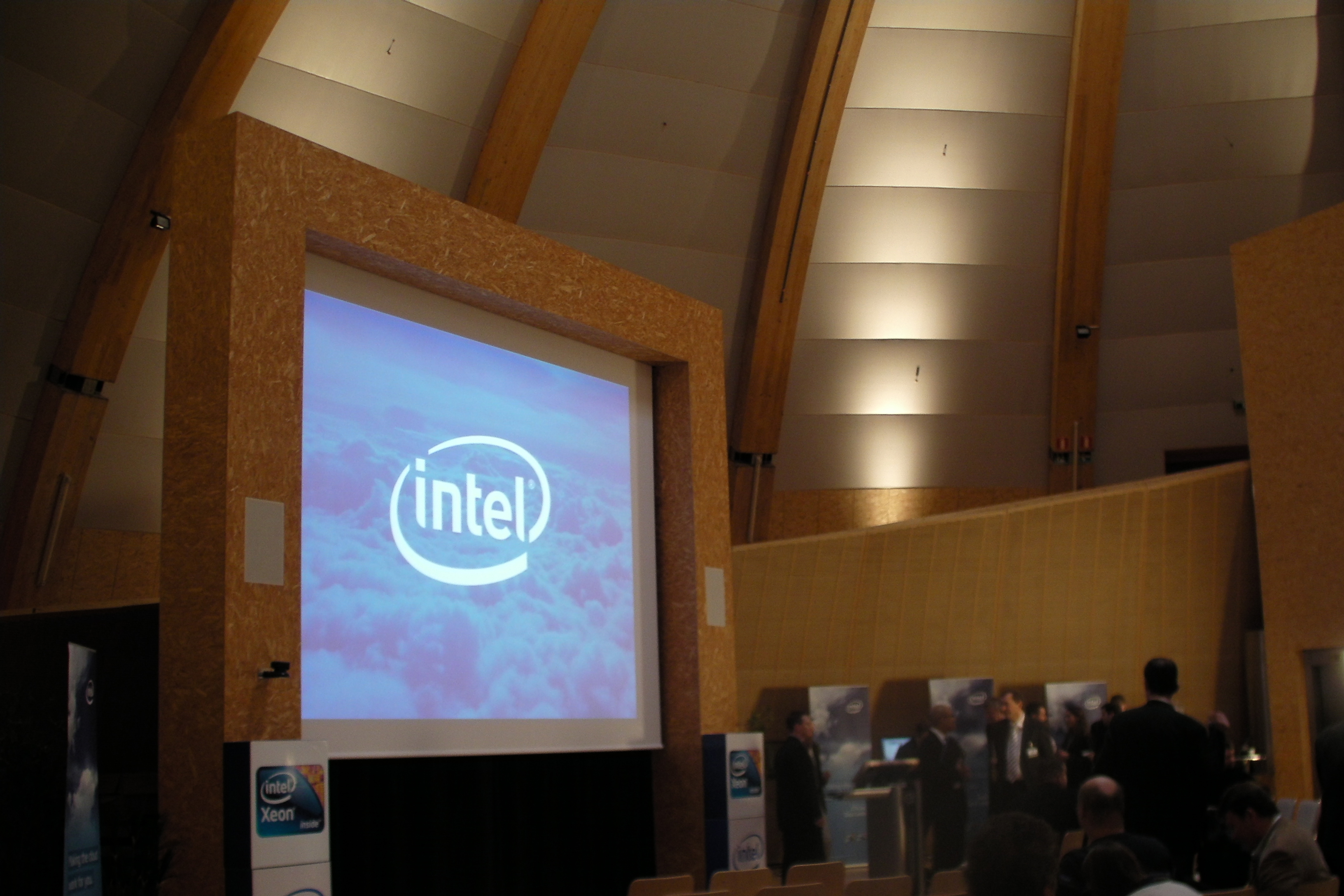
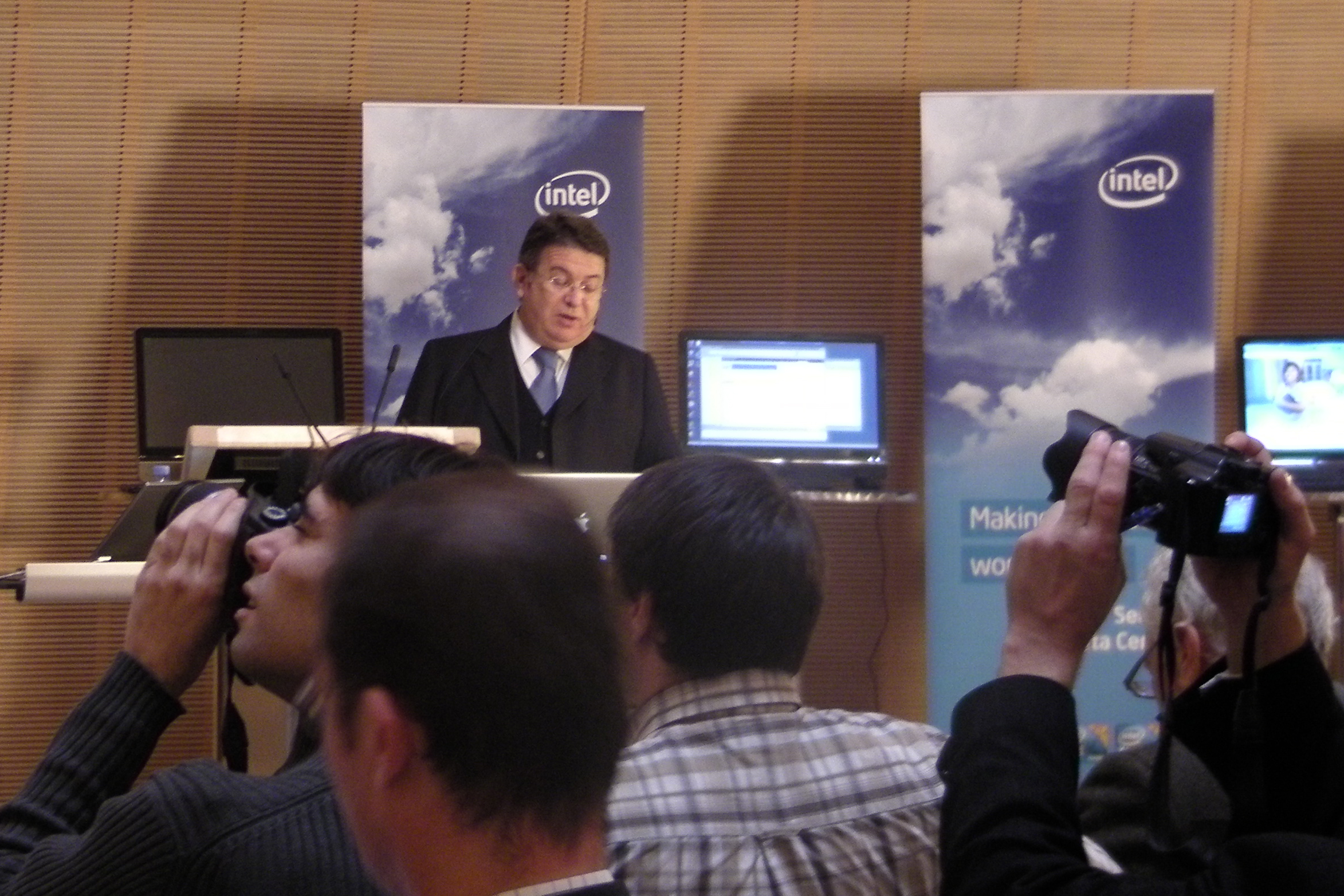
The central purpose of the LHC is to smash two beams of particles together at four separate points (ALICE, ATLAS, CMS and LHCb), recreating the conditions that existed a fraction of a second following the Big Bang.
Bertolucci discussed the effectiveness of the Worldwide LHC Computing Grid in helping analyse the data collected at ALICE, ATLAS, CMS and LHCb. Thus far, five petabytes of data has been recorded and information is being produced at 70 terabytes a day.
There are four major partners helping CERN in its computing efforts and thereby helping influence the course of mankind: Intel, HP, Oracle and Siemens. Each provide their own expertise, but in return the tech giants get to learn from the project and so alter and improve their own products.
Tom Brewster is currently an associate editor at Forbes and an award-winning journalist who covers cyber security, surveillance, and privacy. Starting his career at ITPro as a staff writer and working up to a senior staff writer role, Tom has been covering the tech industry for more than ten years and is considered one of the leading journalists in his specialism.
He is a proud alum of the University of Sheffield where he secured an undergraduate degree in English Literature before undertaking a certification from General Assembly in web development.
-
 Microsoft Copilot bug saw AI snoop on confidential emails — after it was told not to
Microsoft Copilot bug saw AI snoop on confidential emails — after it was told not toNews The Copilot bug meant an AI summarizing tool accessed messages in the Sent and Draft folders, dodging policy rules
-
 Cyber experts issue warning over new phishing kit that proxies real login pages
Cyber experts issue warning over new phishing kit that proxies real login pagesNews The Starkiller package offers monthly framework updates and documentation, meaning no technical ability is needed
-
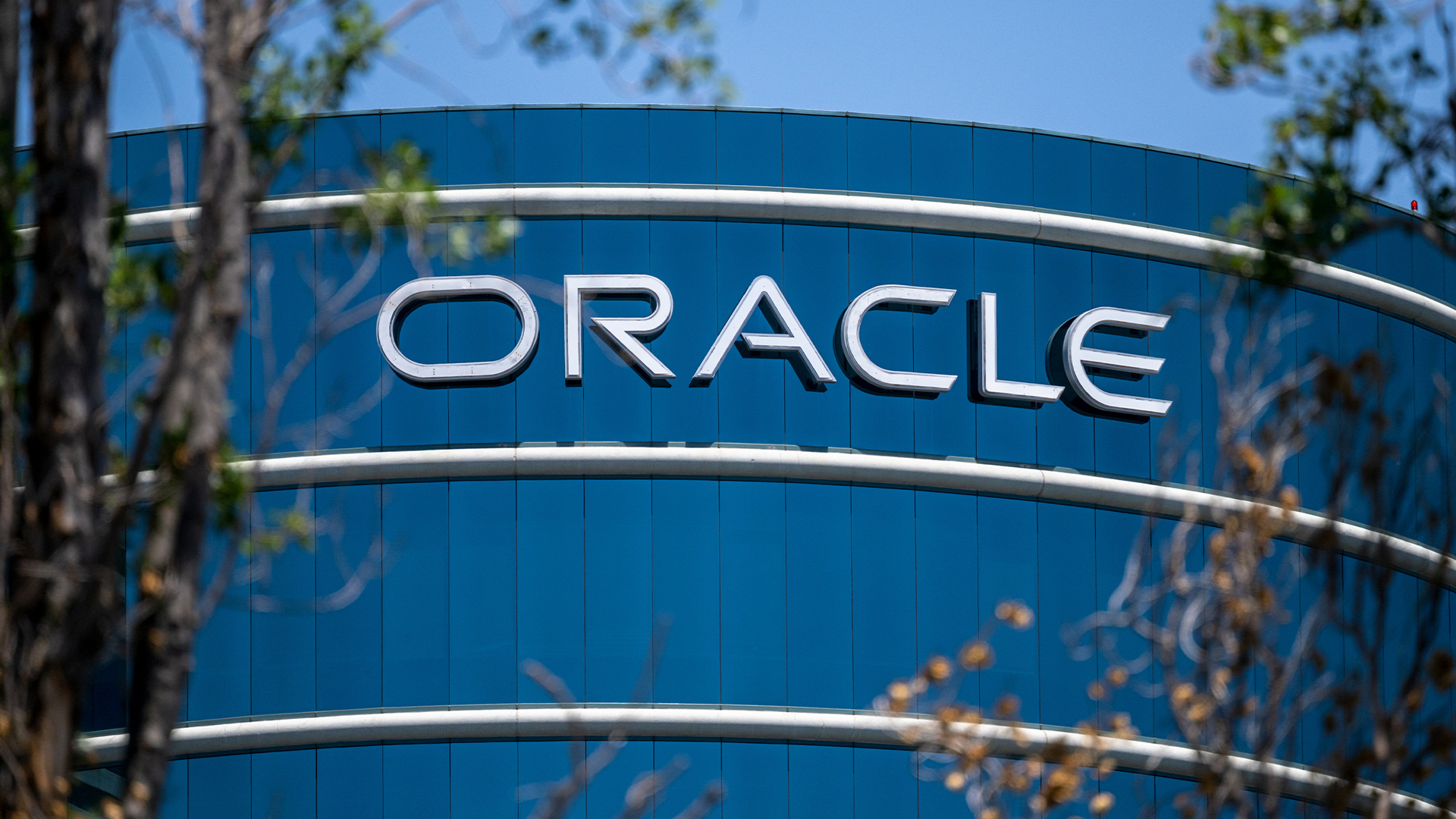 Oracle targets financial services gains with new agentic AI suite
Oracle targets financial services gains with new agentic AI suiteNews The cloud giant has unveiled a new series of agents for retail banking providers
-
 ‘DIY’ agent platforms are big tech’s latest gambit to drive AI adoption
‘DIY’ agent platforms are big tech’s latest gambit to drive AI adoptionAnalysis The rise of 'DIY' agentic AI development platforms could enable big tech providers to drive AI adoption rates.
-
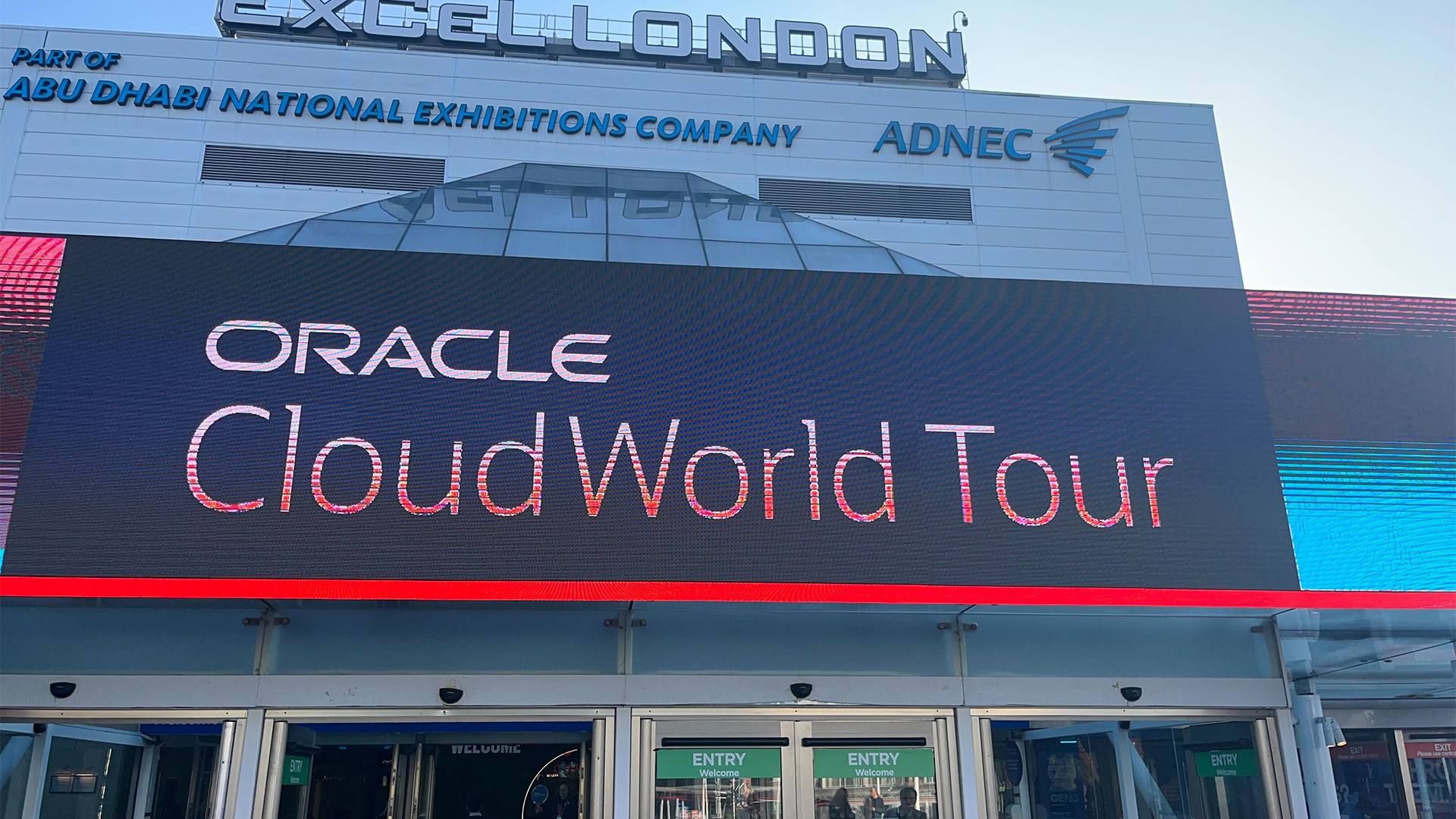 AI agent announcements are a dime a dozen right now – here’s what Oracle thinks it’s doing differently
AI agent announcements are a dime a dozen right now – here’s what Oracle thinks it’s doing differentlyNews Oracle’s latest foray into the world of AI agents will leverage the firm’s strength in infrastructure and come at no additional cost to users.
-
 Gaining timely insights with AI inferencing at the edge
Gaining timely insights with AI inferencing at the edgeWhitepaper Business differentiation in an AI-everywhere era
-
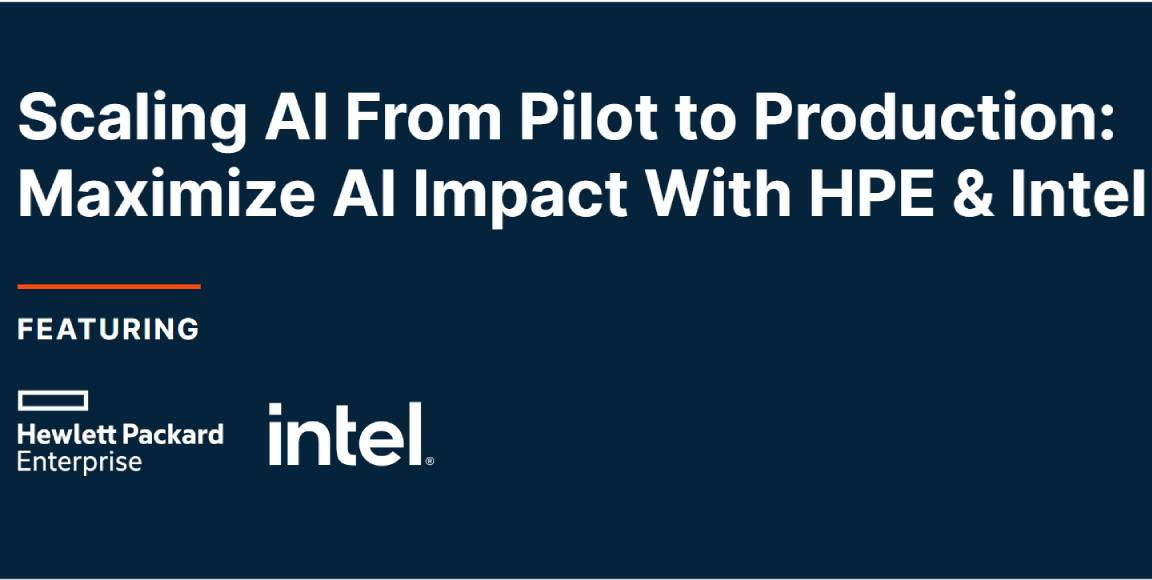 Scaling AI from pilot to production: Maximize AI impact with HPE & Intel
Scaling AI from pilot to production: Maximize AI impact with HPE & IntelWhitepaper Transform AI proof-of-concepts into full-scale implementations
-
 Oracle bets on vector search capabilities to drive enterprise AI value
Oracle bets on vector search capabilities to drive enterprise AI valueNews Oracle claims its new tool will bring AI “to where the data is,” rather than the other way around
-
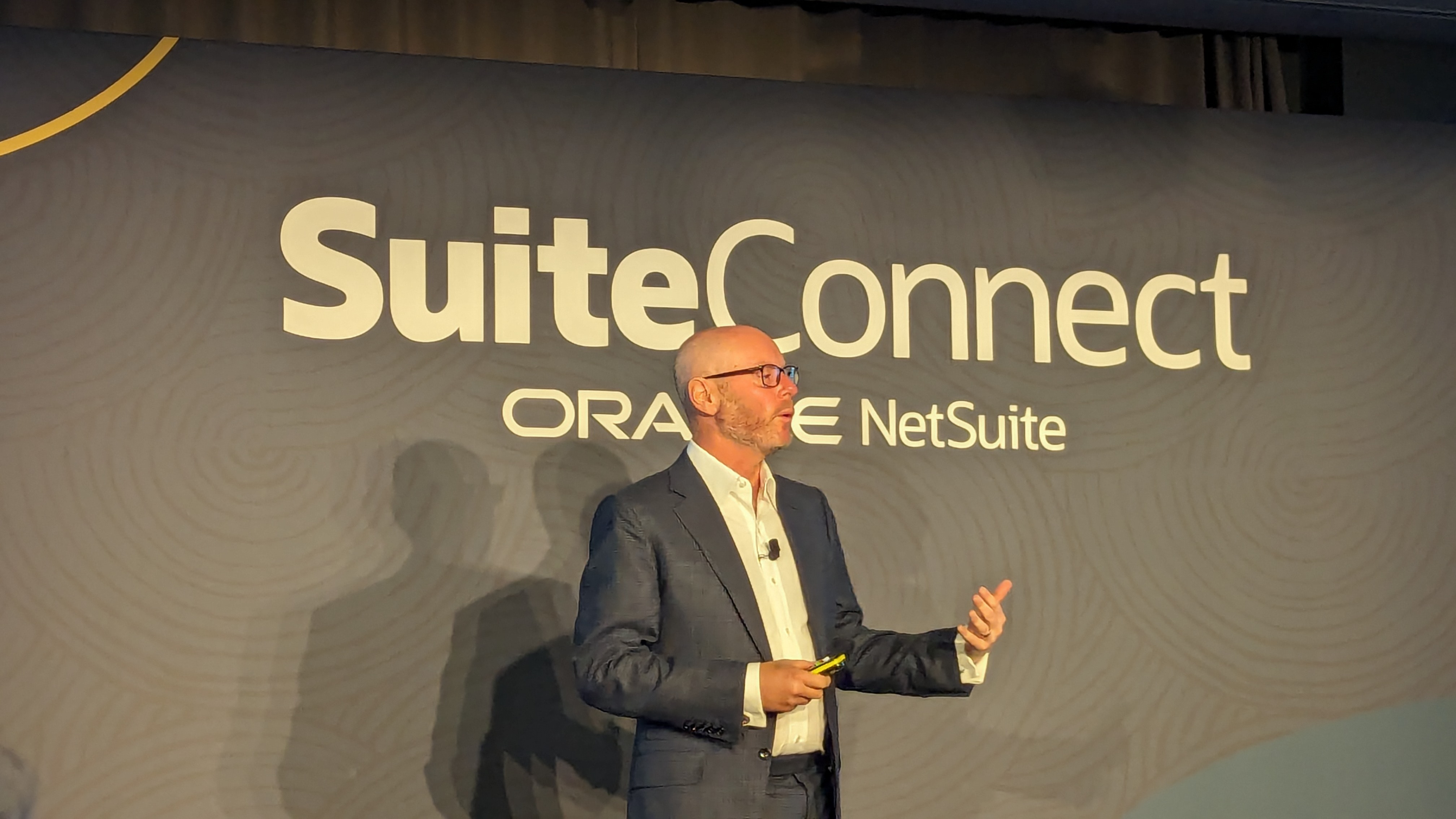 NetSuite doubles down on localized AI with UK, EMEA product launches
NetSuite doubles down on localized AI with UK, EMEA product launchesNews Regional product launches aim to address struggles with ESG reporting and surface more data insights for NetSuite’s EMEA customers
-
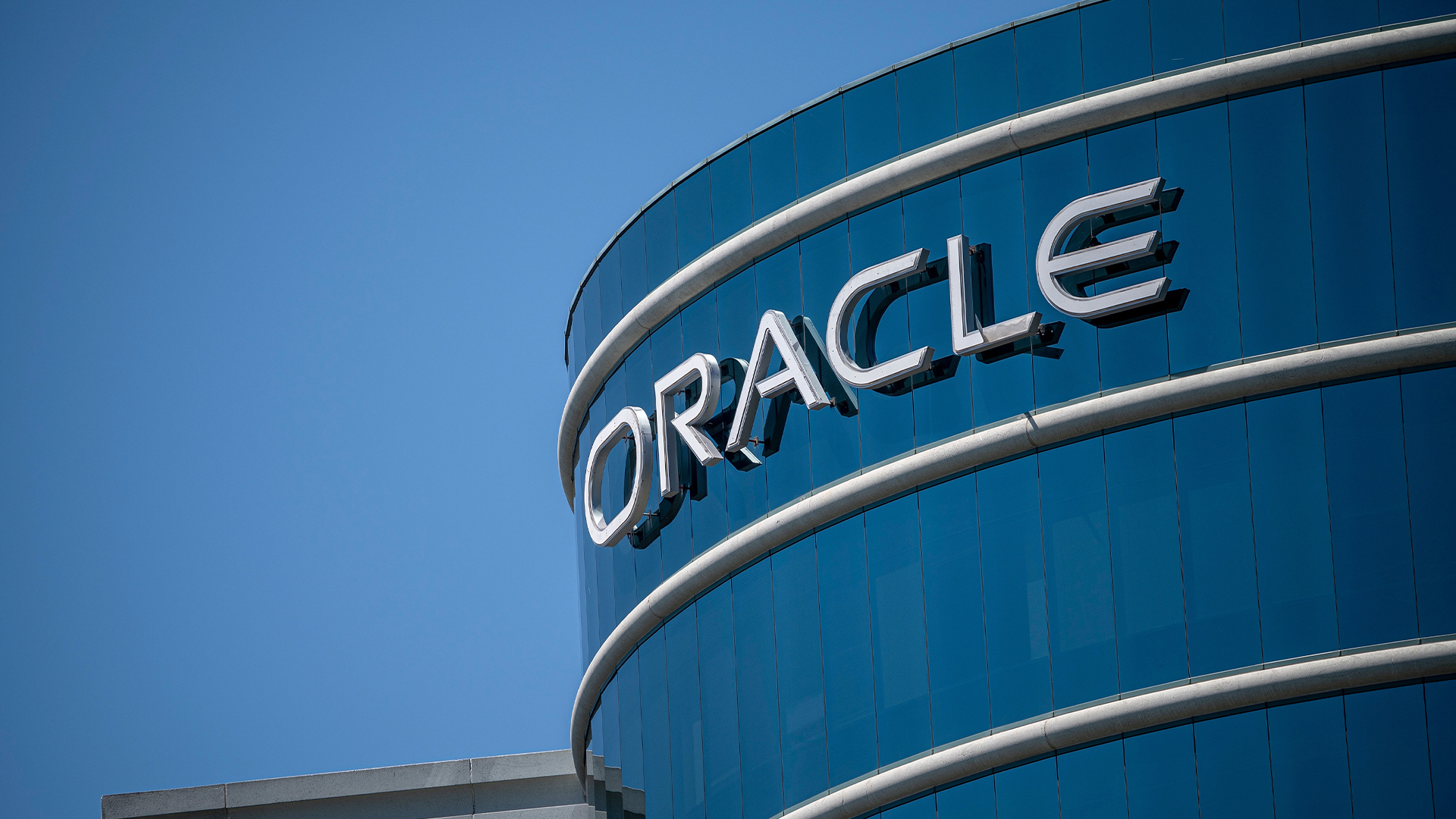 Oracle ditches the hype for a straight talking generative AI approach
Oracle ditches the hype for a straight talking generative AI approachAnalysis Oracle knows it has to box clever in the generative AI race, and its ambitions rest on delivering tangible enterprise use-cases
